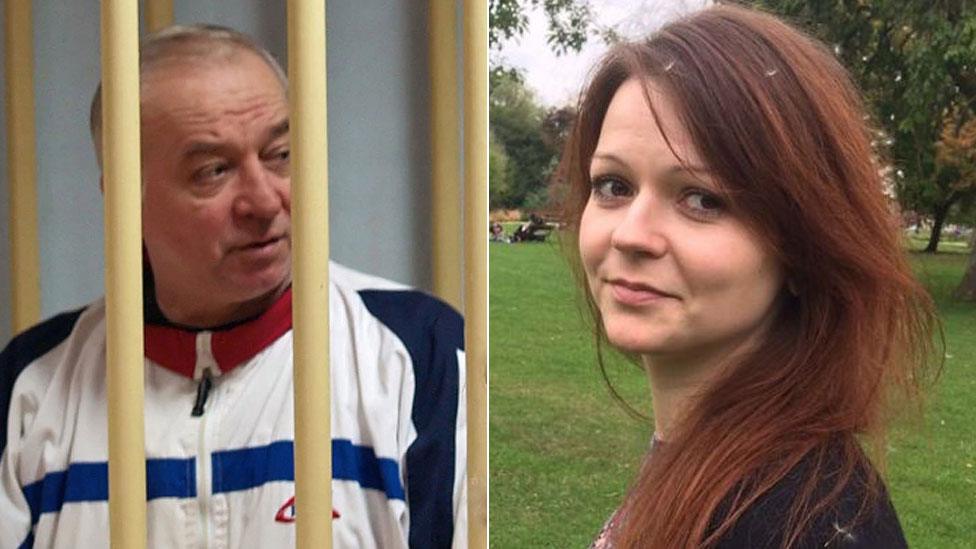Spy poisoning sparked 'incident of scale not seen'
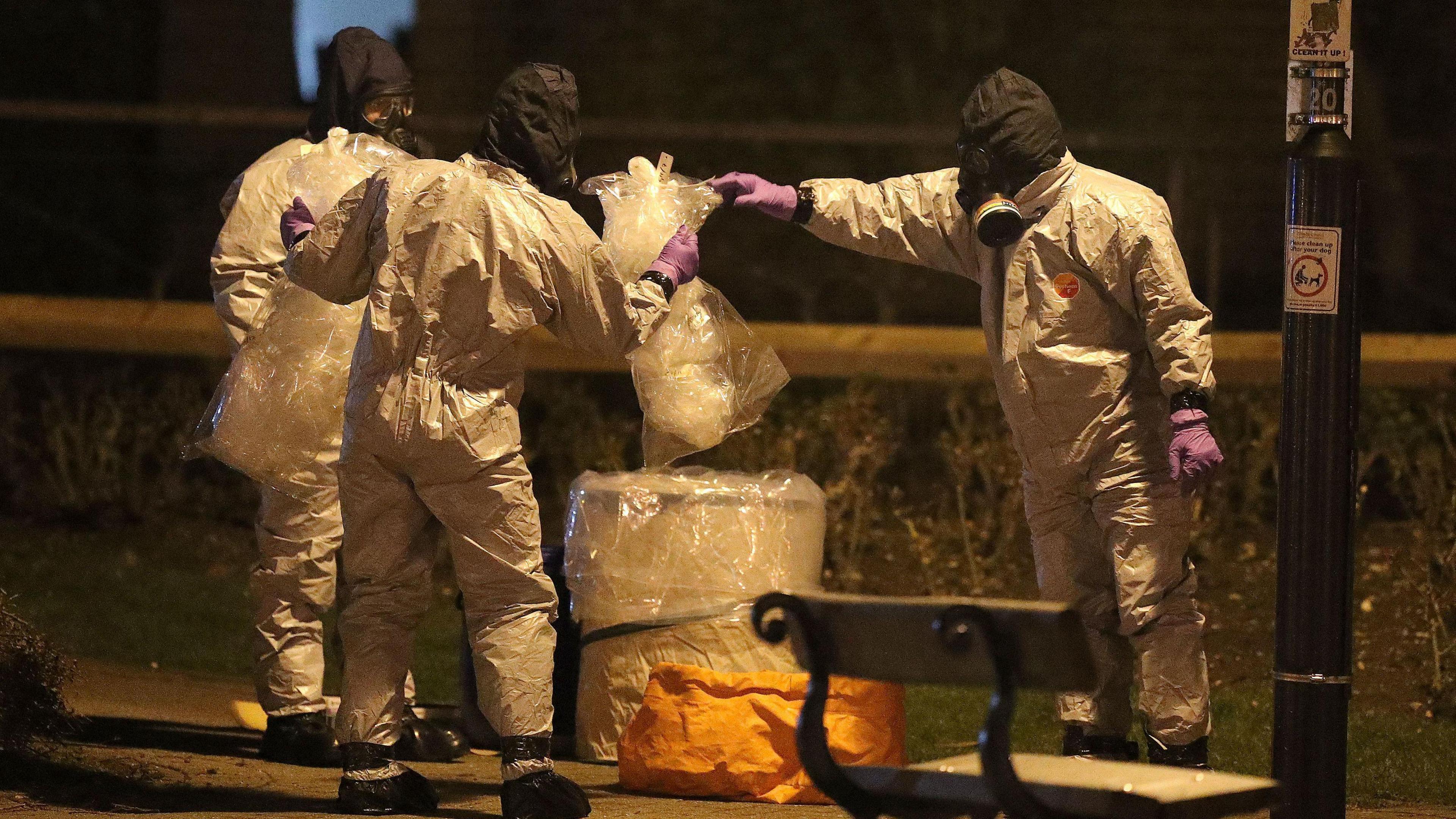
Commander Dominic Murphy said the Novichok poisonings were "unprecedented"
- Published
The poisonings of a former Russian spy and his daughter with Novichok in Salisbury were a “truly unprecedented incident of a scale that we had not seen,” a top police officer has said.
Commander Dominic Murphy, head of the Metropolitan Police’s Counter Terrorism Command, said it was an “extremely sobering moment”.
Ex-spy Sergei Skripal, his daughter Yulia and then police officer Nick Bailey were poisoned in March 2018 but survived - before Dawn Sturgess, 44, died in July the same year after being exposed to the nerve agent.
Speaking at the inquiry into Ms Sturgess' death, Mr Murphy said counter-terrorism police’s “dismissive” response to suggestions of a poisoning was “extremely disappointing".
Mr Murphy said the officer who took the calls on the evening of 4 March 2018 had not “necessarily performed to the standard that we would have expected from all of our officers".
An email from April 2021 from Wiltshire Police's Insp Gill Hughes, previously shown to the inquiry, said special branch had been “very dismissive” of the information provided about Mr Skripal’s poisoning by the force’s control room.
Counsel to the inquiry Andrew O’Connor asked Mr Murphy on Tuesday: “If Inspector Hughes is right about the way in which her queries were responded to, would you agree that that is an inappropriate and unprofessional way to react to a query?”
Mr Murphy, who had also worked on the case of poisoned Russian defector Alexander Litvinenko, replied: “Yes. It’s extremely disappointing actually."
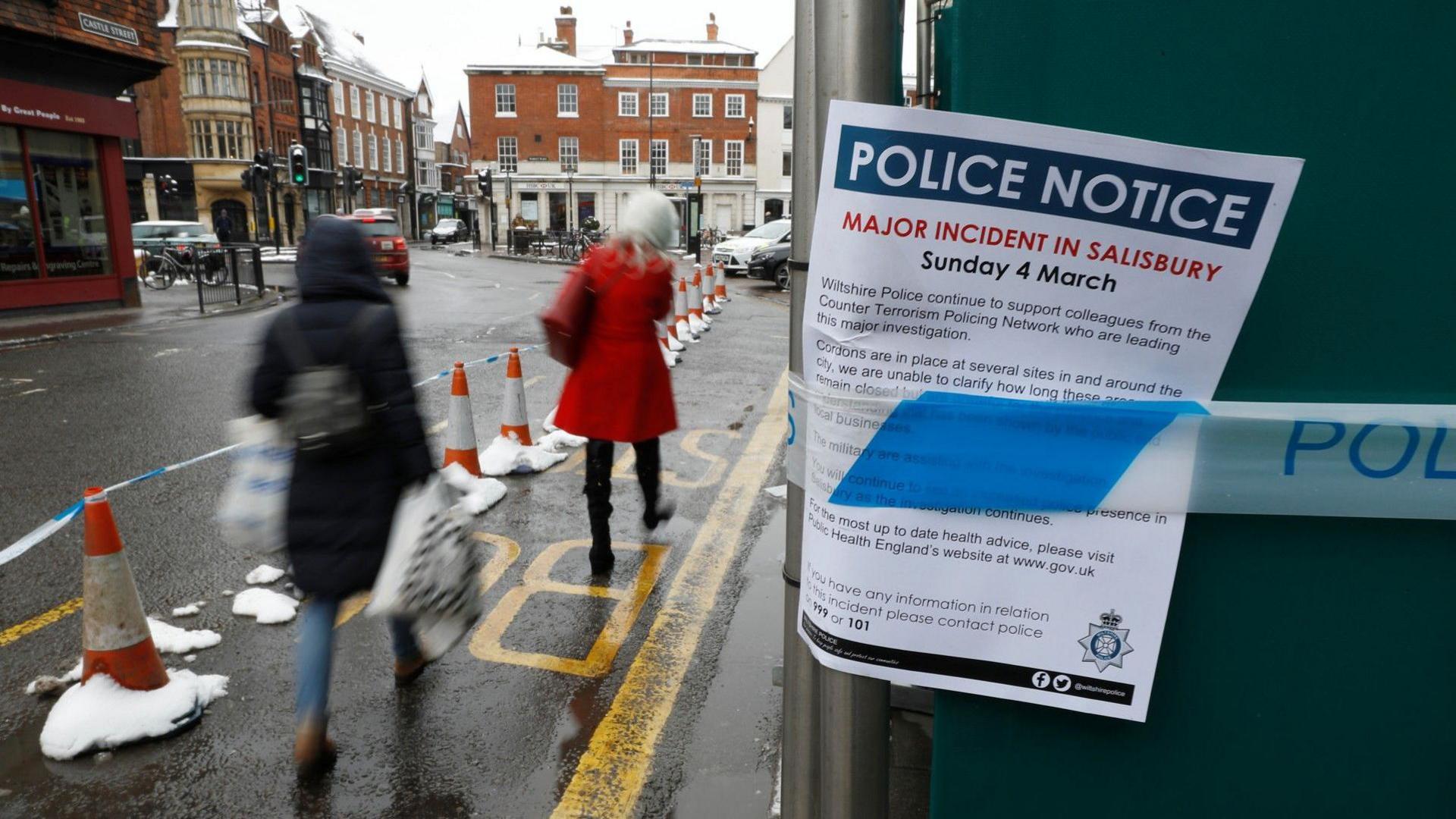
Police notices were put up in Salisbury after Sergei Skripal and his daughter Yulia were poisoned in March 2018
Speaking about the level of media interest in the incident at the inquiry on Tuesday, Mr Murphy said: “Even with [the Litvinenko case] in mind, this was truly an unprecedented incident of a scale that we had not seen both in terms of the media interest and, even in the early hypothesis that this had been a state sponsored incident."
Mr Murphy recalled sending police officers into scenes contaminated with Novichok.
“As you will no doubt hear, we were putting police officers in scenes that were contaminated with one of the most dangerous substances on the planet and that was a very substantial decision to be taking in a leadership sense.
“But also, those officers were all volunteers going into that work.”
The inquiry continues.

BBC Sounds: Salisbury Poisonings
Keep up to date with the latest from the inquiry with our podcast.
Listen to the episode on BBC Sounds.

Follow BBC Wiltshire on Facebook, external, X, external and Instagram, external. Send your story ideas to us on email or via WhatsApp on 0800 313 4630.
See also
- Published12 November 2024
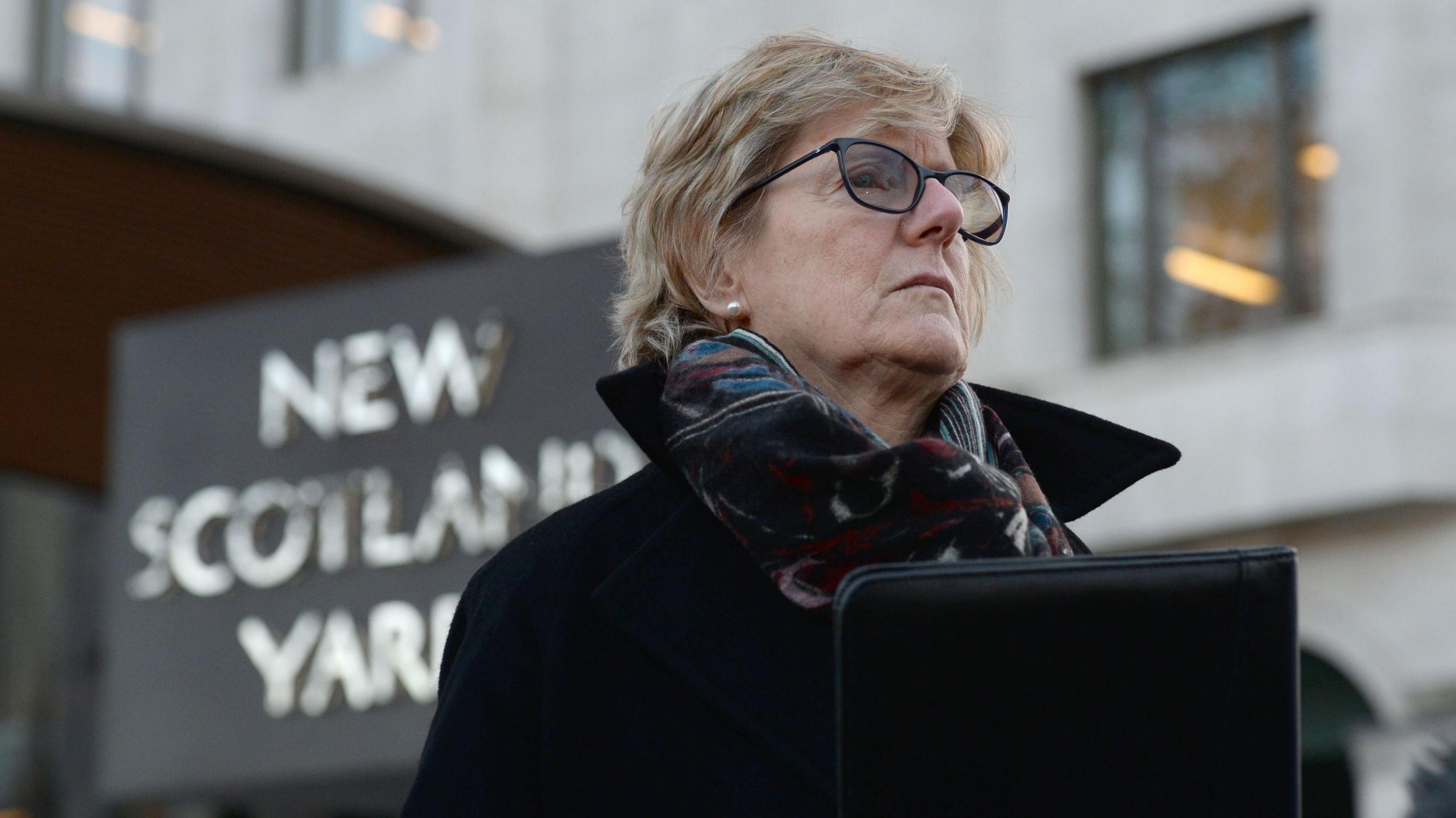
- Published11 November 2024
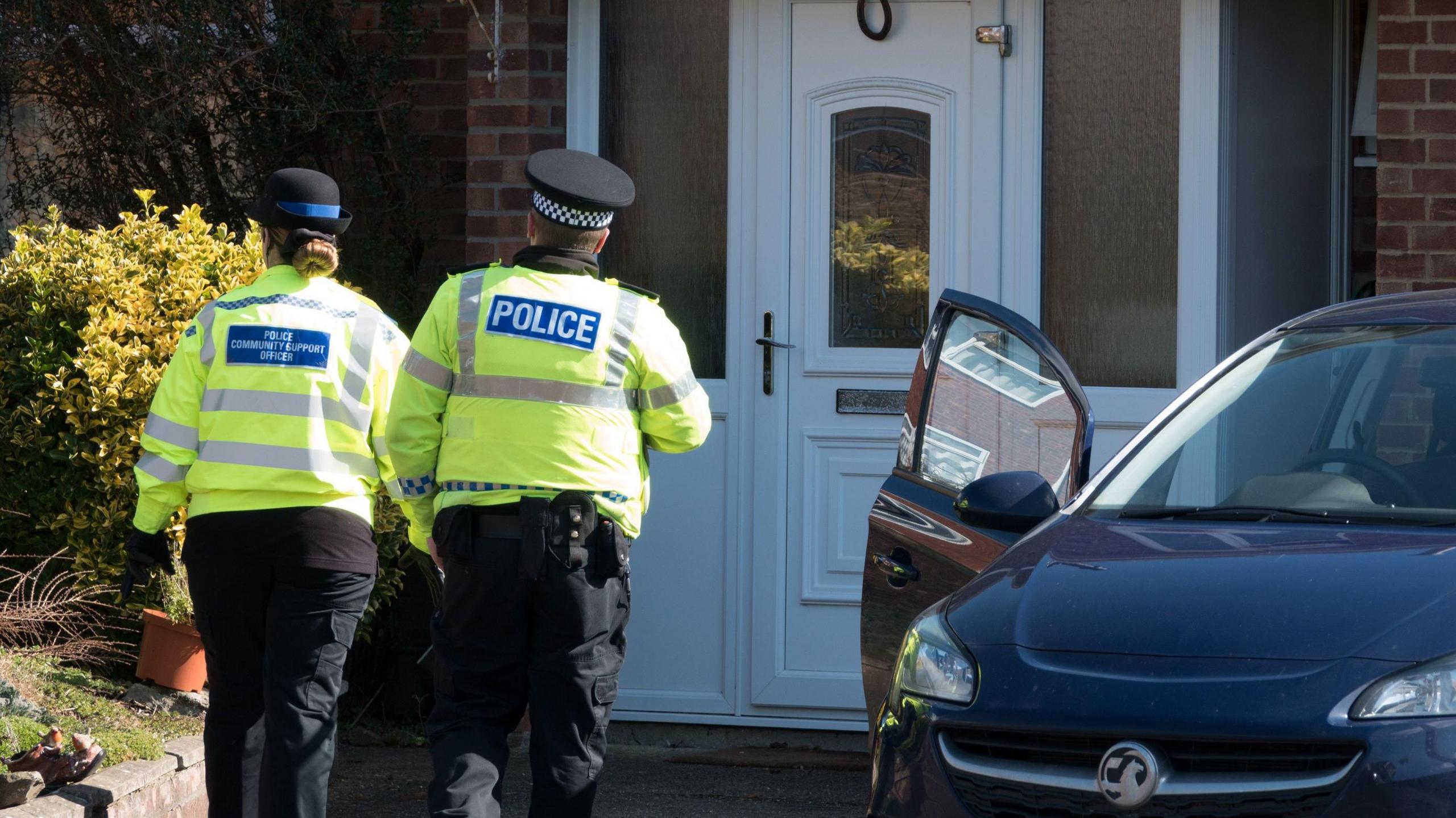
- Published11 October 2024
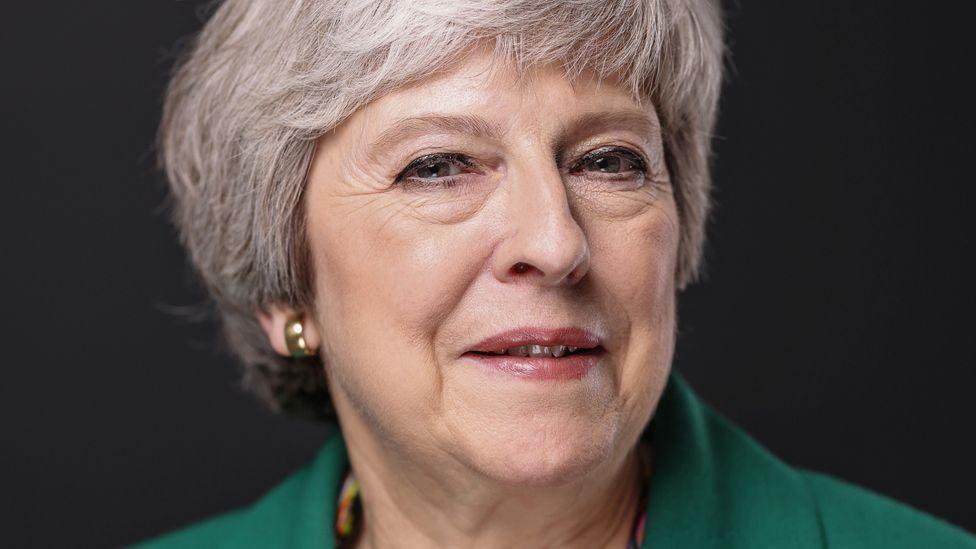
- Published30 July 2018
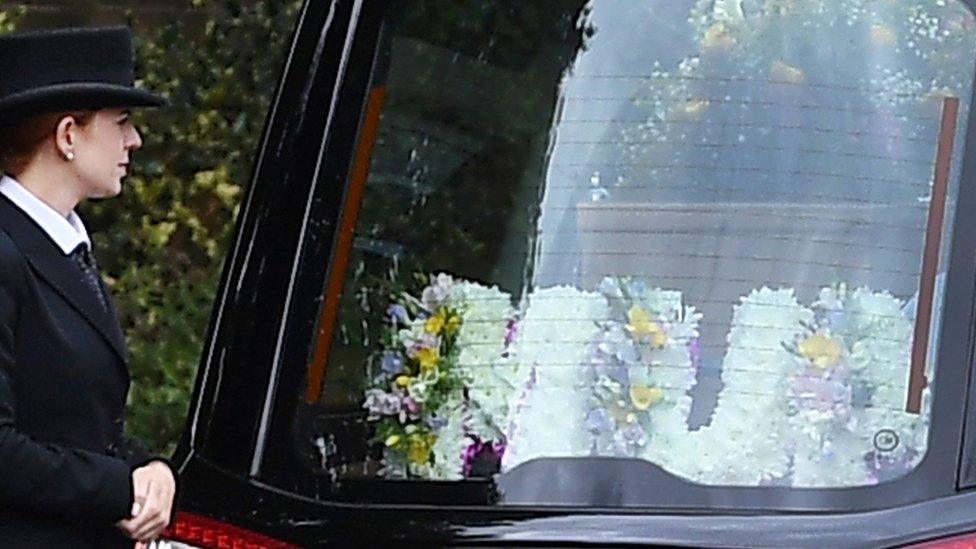
- Published4 March 2020
